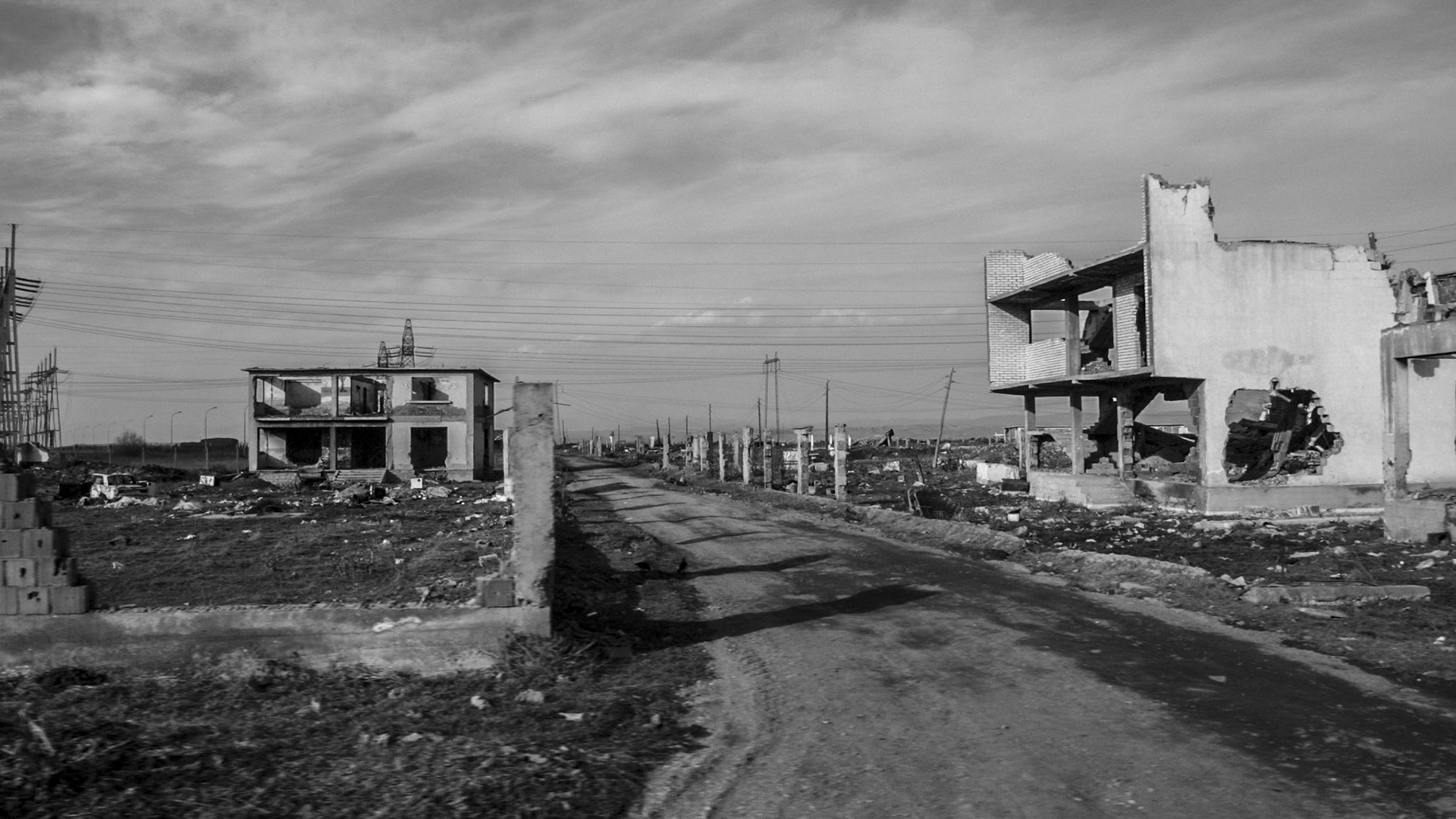
A bad dream that never ends
Images of war in Ukraine and memories from the war in Kosovo.
Leonita Morina
Leonita Morina studied Public Policy and Governance as her first focus and Management, International Relations as her second field of focus at the American University in Kosovo. Leonita was part of the internship program within the project “Innovation for Resilient Media and Citizen Engagement” funded by the European Union Office in Kosovo and implemented by K2.0 and the GAP Institute.
This story was originally written in English.